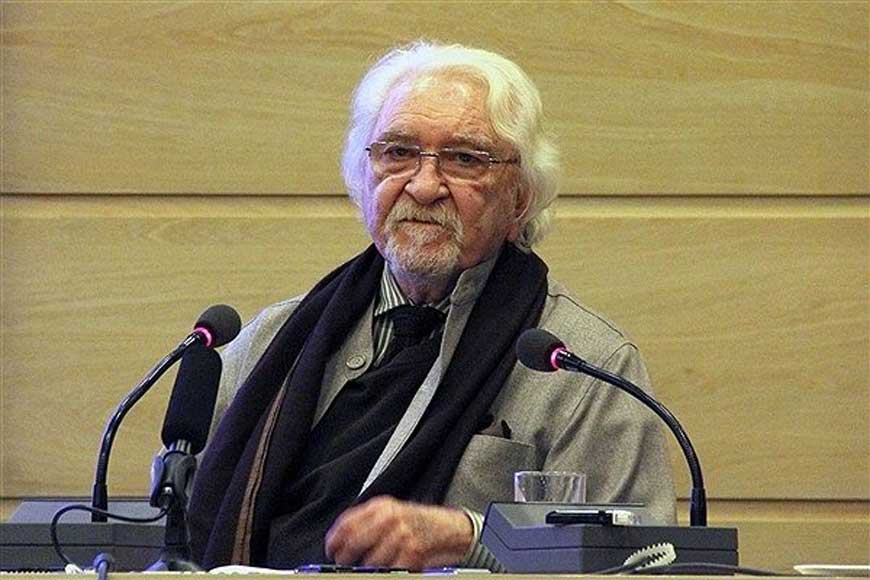March 22, 2018
Dariush Shayegan, Iranian philosopher, cultural theorist and professor of Sanskrit and Indian religion, has died at the age of 83. Mr. Shayegan had been admitted to the intensive care unit (ICU) of Tehran’s Firouzgar Hospital on January 25 after suffering a stroke.
Shayegan was born on February 2, 1935, in an affluent family in Tehran. His father was a prosperous merchant. His mother was a native of Georgia. He attended the Lycee St. Louis (run by French Jesuits) in Tehran. He continued his university studies abroad. He returned to Iran after receiving his Ph.D. in Sanskrit, Indian religions, and Eastern thought from Sorbonne University in Paris.
Some of his students have promoted his ideas while others have been critical of his conclusions. Shayegan’s political thoughts and relationships with power centers made him a controversial figure. His views on the West and religion endeared him to some senior officials of the Islamic republic.
His idea of “the dialogue of civilizations” was conceived in the early 1970s and later selectively appropriated by former Iranian President Mohammad Khatami (who was president from 1997 to 2005).
“My only wish – and it’s not a personal one – is for conditions to improve in Iran. I love Iran, and believe that people deserve a change,” Shayegan said in an interview in June 2014.
Shayegan has left a large number of works on philosophy and Sanskrit studies.
His book “Religions and Philosophical Schools of India,” was published in two volumes by Amir Kabir Publishing.
Other notable works by Shayegan’s include: “Cultural Schizophrenia,” “Lands of Mirages,” “The Light Comes from the West,” “Illusions of Identity,” “Henry Corbin: The Spiritual Topography of Iranian Islam,” and “What is a Religious Revolution.”
In January, Kayhan London published a two-part interview with Ramin Jahanbegloo, a fellow philosopher and longtime friend of Shayegan.









